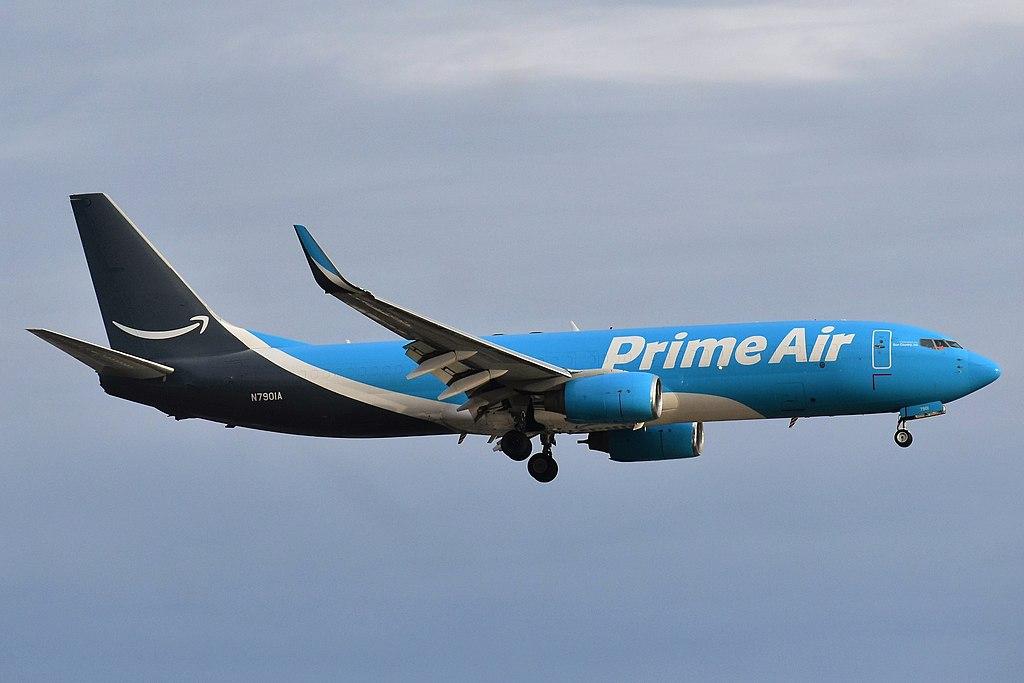
Online retail giant Amazon has launched a multi-billion-dollar bid to expand its health care business, setting up an interesting new test for Oregon’s toughest-in-the-nation mergers and acquisitions oversight program.
Amazon has proposed a $3.9 billion purchase of San Francisco-based 1Life Healthcare and its subsidiary, One Medical, a primary care provider with 182 offices in 25 markets — including five offices in the Portland area that are affiliated with the Providence Health & Services system. One Medical provides professional clinical services and management, operational and administrative services for Providence.
Now the Amazon bid must pass muster under a law that was passed by the state Legislature in 2021 to address an era of rapid consolidation in health care. Oregon’s Health Care Market Oversight program reviews planned health care business deals to see if they meet state goals for controlling costs and maintaining equity, patient access and care quality.
The program allows state officials to weigh in, not just on questions of anti-competitive market power, but on workplace conditions, as well as the provision of abortion and other services such as those restricted by Catholic health systems.
The Amazon deal touches upon all three areas, at least tangentially. Amazon has been subject of continuing controversy over warehouse worker conditions, and is subject of a national union organizing push. Providence’s adherence to church-based restrictions on services has sparked repeated criticism. Meanwhile, the Federal Trade Commission is investigating the market implications of the deal, and one group has called for it to be blocked entirely.
The Oregon program, meanwhile, faces its own controversy. Hospital officials, who’d fiercely opposed the bill, called the new program vague and arbitrary. In October, the trade group for Oregon hospitals sued in federal court to undo the program. The Oregon Association of Hospitals and Health Systems — of which Providence is the largest member — claims the program is unconstitutional due to the vagueness of the rules and its potential to “micromanage” relationships among health care providers. The lawsuit is pending and the state has not yet filed a formal response.
The merger program evaluates deals in which one side has annual revenues of at least $25 million and another has at least $10 million. So far, it has reviewed and approved three health care transactions.
Founded in 2007, 1Life has been a persistent money loser. It racked up a loss of $296 million on revenues of $771 million in the first nine months of this year.
But Amazon hopes 1Life is the wave of the future in health care. One Medical is a subscription-based primary care system that uses technology to combine in-person, digital and virtual health care services that aim to be quicker and more convenient than traditional in-person bricks and mortar operations. One Medical has focused on expanding in major metro areas.
According to Amazon’s application, 1Life and One Medical would control the management, operations and administration of their clinics, but that the medical services would be provided by physician-owned professional groups that are not controlled by One Medical and are not part of the proposed transaction.
“Amazon expects to retain One Medical employees and contractors. The One Medical Professional Entities will retain exclusive control over all professional medical services delivered to One Medical patients. Amazon does not intend to restrict or otherwise reduce the scope of professional medical services delivered by the One Medical Professional Entities. Amazon also has no intention of limiting any patient’s freedom of choice with respect to pharmacy, specialty care, or other health care services,” Amazon wrote.
Amazon also stated: “The proposed transaction will improve health outcomes and access, including for patients in Oregon, by combining One Medical’s human-centered and technology-powered model with Amazon’s customer obsession, history of invention, and willingness to make long-term investments.”
Cash-rich Amazon for years has been diversifying, including into entertainment through Amazon Prime Video and its purchase of Hollywood studio MGM this year, and retail through its purchase of Whole Foods Market in 2017.
Amazon has struggled to get a foothold in the health care field, however. In 2019 it launched Amazon Care, a virtual health care system for Amazon employees and corporate customers. But Amazon this summer said it was shuttering the program due to lack of interest from corporate customers.
Amazon launched a pharmacy service in 2020 after the purchase of prescription-by-mail company PillPack in 2018.
“Health care is high on the list of experiences that need reinvention,” said Neil Lindsay, senior vice president of Amazon Health Services, in a news release announcing the 1Life deal. “Booking an appointment, waiting weeks or even months to be seen, taking time off work, driving to a clinic, finding a parking spot, waiting in the waiting room then the exam room for what is too often a rushed few minutes with a doctor, then making another trip to a pharmacy – we see lots of opportunity to both improve the quality of the experience and give people back valuable time in their days.”
The health authority is conducting a 30-day review of the plan and wants public comment by Dec. 14.
You can reach Christian Wihtol at [email protected].
